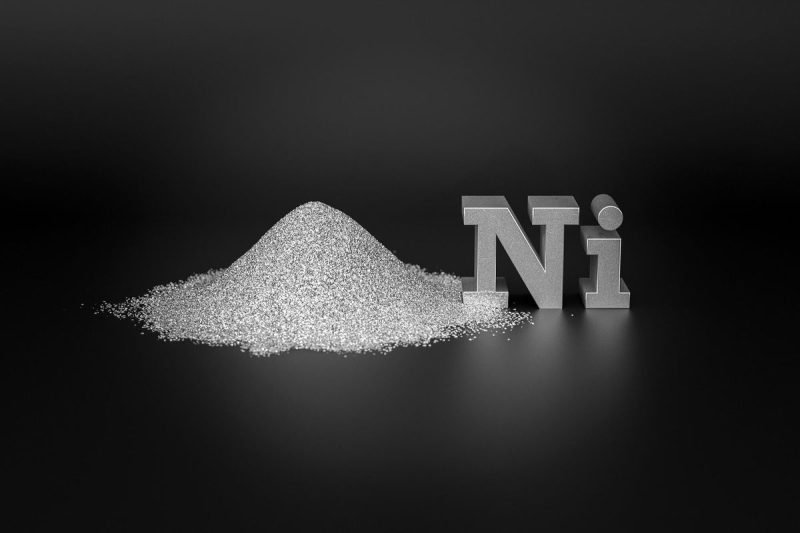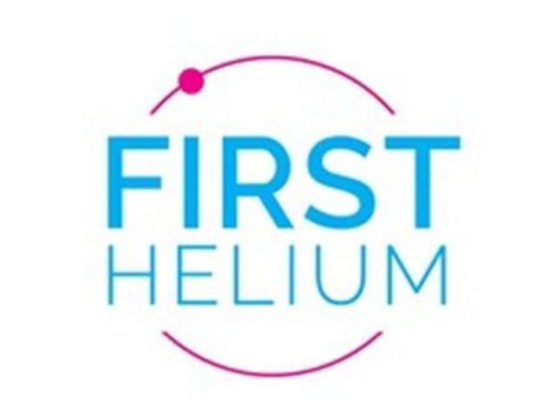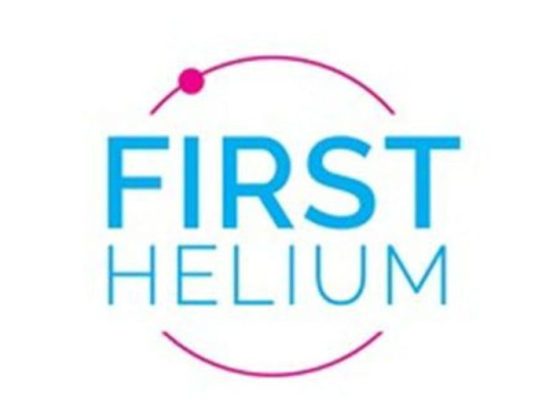Nickel, a naturally occurring silvery-white lustrous metal with a minor golden tinge, has become an integral part of numerous industries due to its impressive properties. In this updated article for 2024, we explore the significant uses of nickel and its impact on various sectors.
An overwhelming majority, about 65% of nickel globally produced, finds its application in the manufacturing of stainless steel. Its anti-corrosive, resistance to high temperature and pressure, durability, and strength make nickel an indispensable ingredient to increase steel’s lifespan and resistance capabilities. This makes stainless steel perfect for environments where low maintenance and resistance to corrosion are paramount, such as in kitchens, hospitals, and commercial applications.
Nickel alloys also play a critical role in the aerospace industry. Engines that experience extreme temperatures utilize nickel superalloys due to their excellent heat resistance. Nickel alloys in aircraft components such as turbine blades, discs, and other engine parts ensure that these parts maintain structural integrity despite the high-temperature, high-pressure conditions of jet propulsion.
In recent years, the prominent usage of nickel has been in the production of lithium-ion batteries, which power electric vehicles (EVs) and consumer electronics. Specifically, Nickel-Cobalt-Aluminum (NCA) and Nickel-Manganese-Cobalt (NMC) batteries have attracted attention due to their high energy density, contributing to the overall performance of the electric vehicles.
Moreover, nickel is also important in the realm of coins and currency. Its resistance to corrosion and wear means it is traditionally used in minting coins. As we transition from physical currency to digital mediums, nickel will see less usage in this area.
In the world of electronics and technology, nickel finds usage in multiple applications due to its conductive properties. The electroplating of nickel onto other metals enhances their corrosion resistance, wearability, and aesthetic appeal. For instance, many connector terminals and leads in microelectronic devices are electroplated with nickel to provide a stable, corrosion-resistant electrical contact.
Furthermore, nickel is also vital for ‘green’ technologies and renewable energy systems. Its application in wind turbines, solar panels, and fuel cells contribute to a cleaner, more sustainable future.
Nickel-based catalysts are instrumental in the petrochemical industry, where they aid in the process of hydrogenation – the conversion of oils into fats. They also function in the process of desulphurization, converting harmful sulphur oxides into environmentally harmless products.
Lastly, nickel is a critical component in numerous superalloys used in harsh environment operations such as in deep-sea oil drilling, power generation plants, and internal combustion engines. The ability of nickel to withstand high temperatures, high pressures, and corrosive forces makes it indispensable in these industries.
Overall, because of its versatile nature, nickel is absolutely instrumental across a broad spectrum of applications. Whether it’s everyday items like stainless steel cutlery or high-tech applications like lithium-ion batteries, the significance of nickel is irrefutable. As we move ahead, nickel’s usage is expected to grow in tandem with the increasing demand in sectors such as renewable energy and electrification of vehicles.











